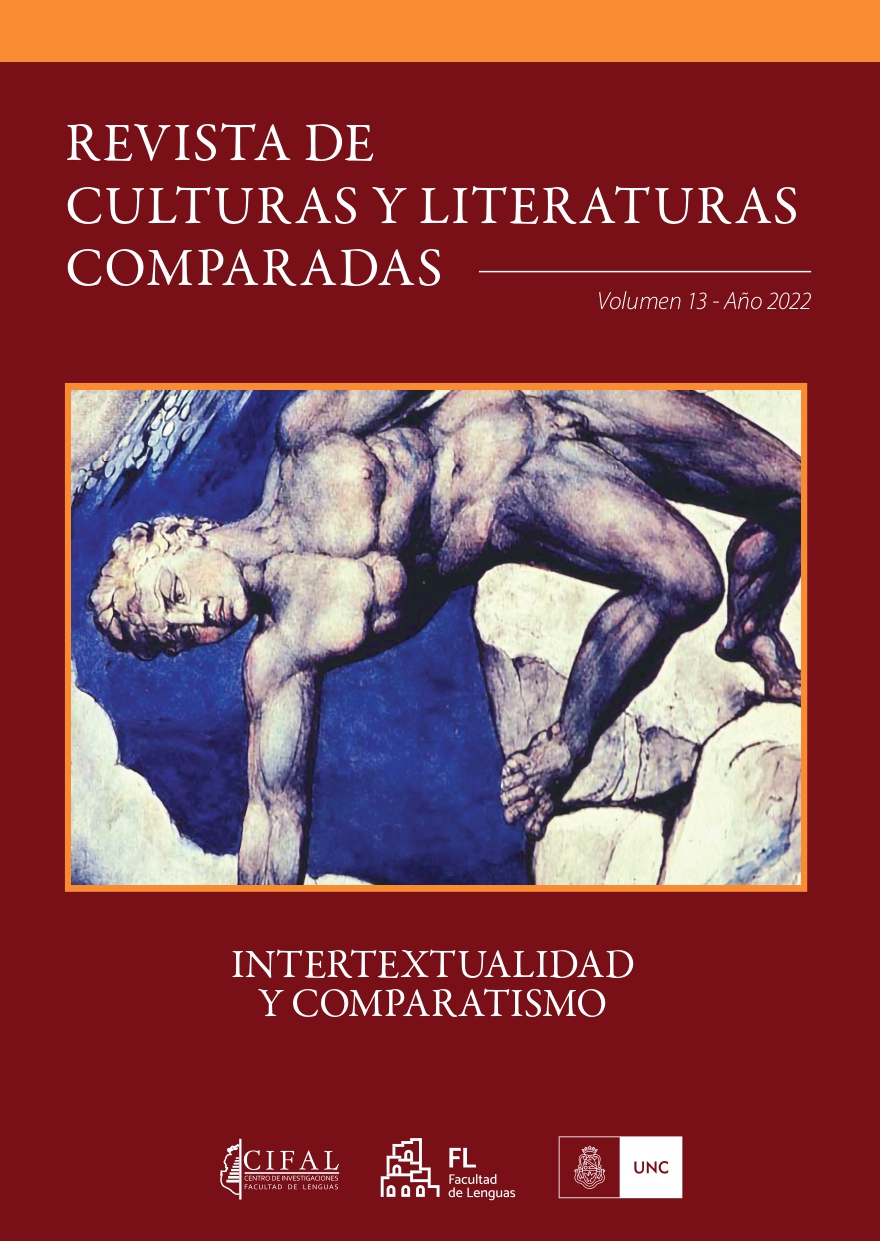Eliot and Dante: A Modernist Perspective
Keywords:
Eliot, Dante, poetryAbstract
In this contribution, I analyze the outstanding encounter of two great masters of poetry, Dante and TS Eliot. I shall attempt to highlight how important Dante’s poetry was, not merely for Eliot’s own poetics, but also for his art making. I shall focus on four issues:
- Within Eliot’s poetics, Dante represents the great model of classic poet, capable of blending ethics and aesthetics, poetry, and philosophy.
- For the above reason, Dante would become a model exemplifying Eliot’s theory on “the impersonality of the poet” and on the objective correlative.
- For Eliot, as a modernist poet, Dante’s linguistic revolution and the features of dantesque language represented a model to imitate.
- Eliot uses various literary strategies to imitate Dante, and the characters portrayed in Dante’s work reappear in Eliot’s own works.
Downloads
References
Alighieri, Dante. La Divina Commedia. Paravia: Ed. Integrale, 2009.
Bloom, Harold. The Anxiety of Influence: a Theory of Poetry. New York: Oxford University Press, 1973.
Boitani, Piero. Dante e il suo futuro. Roma: Edizione Storia e Letteratura, 2013.
Eliot, Thomas Stearns. “Dante”. The Sacred Wood (1920). London: Methuen LTD,1969.
---. Quattro drammaturghi elisabettiani (1924). Saggi elisabettiani, a cura di Alfredo Orbetelli, Milano: Bompiani, 1985.
---. “What Dante means to me” (1950). To Criticize the Critic and Other Writings. London: Faber and Faber, 1965.
---. Collected Essays. London: Faber and Faber,1951.---. Collected Poems 1909-1962. London: Faber and Faber,1969.
---. La Terra Desolata, trad.e introd. di Alessandro Serpieri. Milano: Rizzoli, 1982.
Montale, Eugenio. Congresso internazionale di studi danteschi 20-27, aprile, Firenze, 1965.
Pound, Ezra. The Spirit of Romance, London, Dent and Sons, 1910.
Downloads
Published
Issue
Section
License

This work is licensed under a Creative Commons Attribution-NonCommercial-NoDerivatives 4.0 International License.
Aquellos/as autores/as que tengan publicaciones con esta revista, aceptan los términos siguientes:
a) Los/as autores/as conservarán sus derechos de autor y garantizarán a la revista el derecho de primera publicación de su obra, el cual estará simultáneamente sujeto a la Licencia de reconocimiento de Creative Commons.
b) La cesión de derechos no exclusivos implica que la publicación de los artículos en la presente revista no quita la posibilidad o el derecho al autor/a de publicar su obra de manera posterior en otras revistas u órganos editoriales y la autorización por parte de los/as autores/as para que el trabajo sea depositado en los repositorios institucionales, tales como el Portal de Revistas de la Universidad Nacional de Córdoba.



